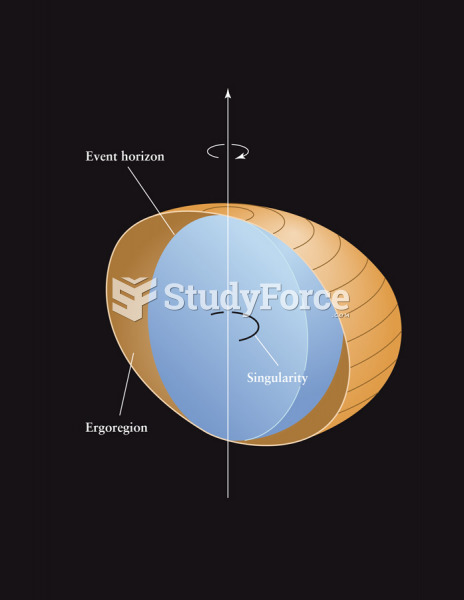Answer to Question 1
- Everyday Use is an accessible story that explores powerful issues. Although the setting is specifically African American, the themes of family identity, intergenerational conflict, cultural heritage, and selfesteem are universal. The basic narrative situationthe educated daughter returning on a family visit to criticize her mother and stay-at-home sisteris also particularly relevant to many college students, and most students find it interesting to see this situation from the mothers perspective. Do any of your students side with Dee, who has succeeded at leaving poverty and rural life behind? If the students in your class are willing to be drawn out on this subject, the discussion might be lively and valuable.
William Scurrah of Pima Community College in Tucson, Arizona, developed with his students a provocative revisionist reading of Everyday Use. If one views Mama as an unreliable narrator, it changes the readers view of Dee:
First person narrators are not necessarily to be believed (not so much on the facts they describe, but on the perspective they bring to those facts) just because its their words printed on the page. To whom, for example, is Mama speaking? One student pointed out that the audience couldnt be, say, her neighbors, for they would not need to be told what Mama could do (e.g., kill hogs and butcher bull-calves)only people for whom such activities were unfamiliar would need to have them described. And is Mama bragging? Why do people brag? Is she talking to herself? Is she imagining herself on television, on that program she envisioned at the beginning of the story, explaining to that video world her way of life? If so, what is the irony in that?
By the end of the period, some students were energized (I always thought this story was so dumb, but it isnt), others were upset (Weve just ruined my favorite story). But none of us, including me, was taking the story, or the author, at face value anymore.
Scurrahs skepticism on Mamas reliability as a narrator provides a provocative way of analyzing a story that is deceptively simple on the surface.
Answer to Question 2
- That the mother loves Dee is clear. Although shes aware of the unattractive elements in Dees nature, her dream of Dee showing her appreciation for her mother on a television show reveals wistfulness: the older woman longs for Dee to return her love. Instead, Dee is condescending to her younger sister and unappreciative of her mother. You ought to try to make something of yourself, too, Maggie, she says as she departs, as if she herself were a superior being, to be emulated (par. 81). Dee, in spite of her education, has never learned to imagine how she appears to others.





